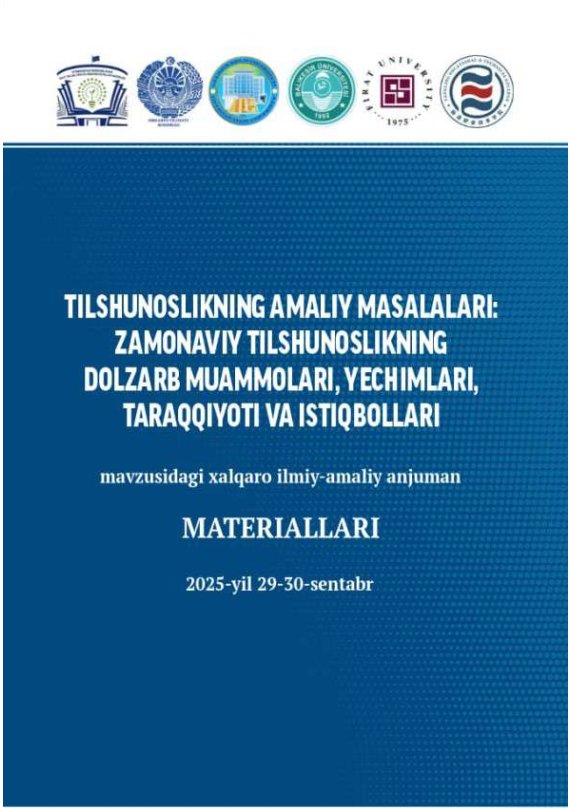INCLUSIVE EDUCATION: CONTEMPORARY RESEARCH AND IMPLEMENTATION STRATEGIES FOR DIVERSE LEARNING ENVIRONMENTS
Keywords:
inclusive education, special needs education, educational equity, disability inclusion, classroom diversityAbstract
Inclusive education represents a fundamental shift in educational philosophy, emphasizing the integration of all students, including those with disabilities, into mainstream classrooms. This article examines contemporary research on inclusive education practices, their effectiveness, and implementation challenges. Through a comprehensive review of recent literature, this study analyzes the impact of inclusive education on both students with disabilities and typically developing peers. The findings indicate that while inclusive education offers significant benefits for social development and academic outcomes, successful implementation requires adequate teacher training, technological support, and systematic policy reforms. Current research demonstrates that "inclusive education is the most effective way to give all children a fair chance to go to school, learn and develop the skills they need to thrive" (UNICEF, 2025). However, persistent barriers including resource limitations, insufficient professional development, and attitudinal challenges continue to impede optimal implementation. This article contributes to the growing body of evidence supporting inclusive education while highlighting critical areas requiring further research and policy attention


